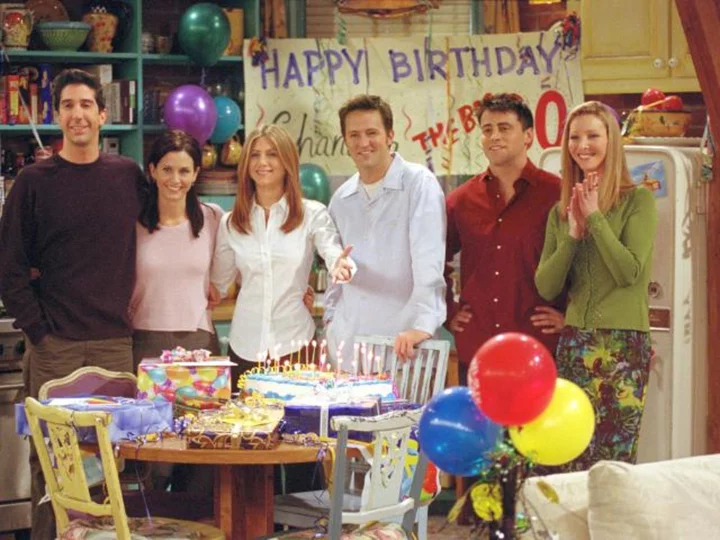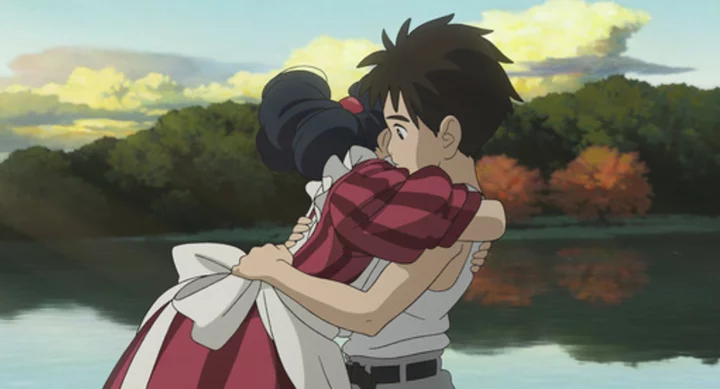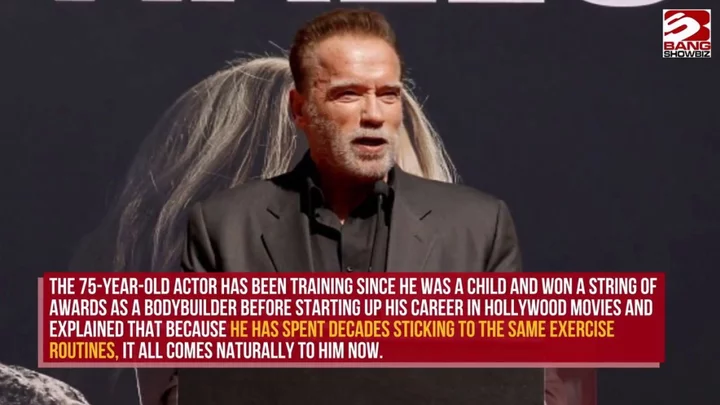Former TV writer Patty Lin says that while working on "Friends" would "remain my most recognizable credit," it doesn't mean she loved her time on the hit show.
Lin writes in her upcoming memoir, "End Credits: How I Broke Up with Hollywood," that after working as a television writer for a decade, she left Hollywood in 2008 after penning scripts for "Freaks and Geeks," "Desperate Housewives," and "Breaking Bad."
When the chance to write for "Friends" came up, she couldn't say no. She wrote for Season 7 of the show from 2000 to 2001.
"My disillusionment [with the business] had begun at my very first writing job but was momentarily staved off by a positive experience at 'Freaks and Geeks,'" Lin writes in an excerpt of her book published by Time.
She says she was excited to meet the cast; Jennifer Aniston, Courteney Cox, Lisa Kudrow, Matthew Perry, David Schwimmer and Matt LeBlanc.
"The novelty of seeing Big Stars up close wore off fast, along with my zeal about breakfast," Lin writes, adding, "The actors seemed unhappy to be chained to a tired old show when they could be branching out, and I felt like they were constantly wondering how every given script would specifically serve them."
Lin claims if the cast didn't like a joke they would "deliberately tank it, knowing we'd rewrite it."
"Dozens of good jokes would get thrown out just because one of them had mumbled the line through a mouthful of bacon," she writes.
"Then everyone would sit around Monica and Chandler's apartment and discuss the script. This was the actors' first opportunity to voice their opinions, which they did vociferously," she continues. "They rarely had anything positive to say, and when they brought up problems, they didn't suggest feasible solutions. Seeing themselves as guardians of their characters, they often argued that they would never do or say such-and-such. That was occasionally helpful, but overall, these sessions had a dire, aggressive quality that lacked all the levity you'd expect from the making of a sitcom."
Lin adds there were cliques among the staff and that her days were 12 hours long. She suffered from imposter syndrome because "as the only Asian writer," she wondered if she was a diversity hire.
"Imposter syndrome, I later learned, is a common experience for racial minorities who work in fields where they lack representation," Lin writes.
In the end, Lin says, "I didn't learn that much, except that I never wanted to work on a sitcom again. But the choice had been clear at the time. And, for better or worse, Friends would remain my most recognizable credit."









